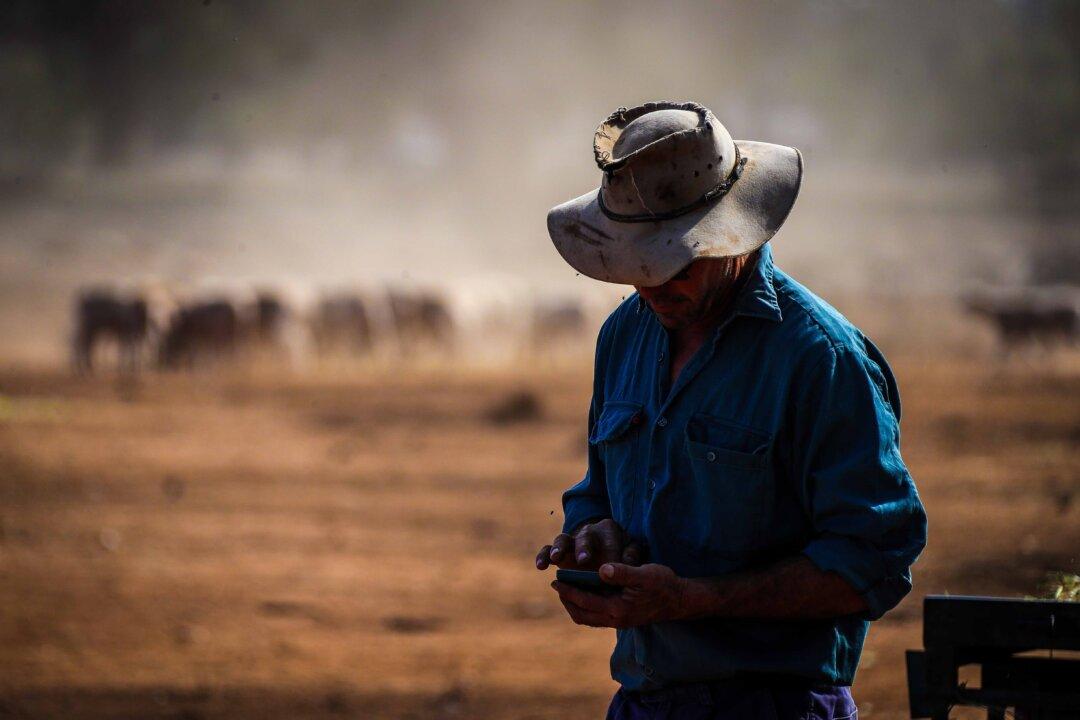Beijing has suspended barley imports from Australia’s top grain exporter claiming pests were found in multiple shipments, in what appears to be the latest trade strike by the Chinese regime against Australian exports.
West Australian grain handler CBH Group vowed to fight the “extremely disappointing” decision, which came just a week after beef imports from family-owned Queensland abattoir John Dee Warwick were suspended.





